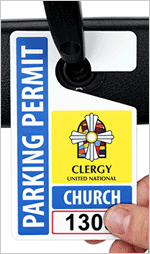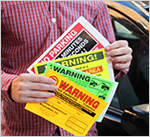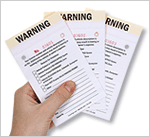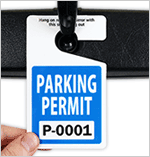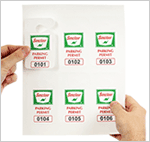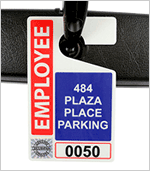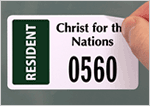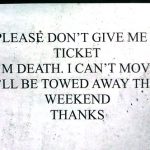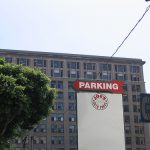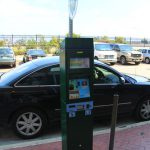Parking woes in the city by the Bay
Where were you in 2005, Park.It? Or you, ParkMe? Like the rest of your mobile app brethren, I suppose you were quietly lying in wait for the app revolution. Me, I spent my two years in Silicon Valley funding the education of a small, nameless child.
Or so it seemed, as I paid parking ticket after parking ticket to the beautiful, but cash-strapped, city of San Francisco. It was easier to fork over the money if I imagined it going to a good cause instead of — oh, I don’t know — pricey haircuts for politicians, like the one John Edwards famously expensed during his 2008 run for president.
Certainly, San Francisco’s public coffers reap a considerable amount from parking-ticket revenue: just north of $83 million in 2011-2012, the most recent period tracked by the city’s transportation agency. That figure is likely to climb with the city’s latest initiatives: active parking meters on Sundays (traditionally a “free parking” day), a practice that went into effect in January, and the proposed installation of an additional 1,300 parking meters in its Dogpatch neighborhood.

San Francisco attracts a huge crowd of commuters and visitors – but everyone wants their own parking spot, and that’s where the problems start. Via Salim Virji; licensed under Creative Commons.
It doesn’t take a genius to realize that the more opportunities there are to park, the greater the chances a driver has to misread a sign or to pull into an illegal loading zone. The numbers work further against the harried driver: In 2011, San Francisco could expect roughly 505,000 vehicles to roam its streets during weekdays, yet the city could only offer drivers 320,000 parking spaces.
If that ratio sounds ludicrous, consider it from the perspective of a transportation planner. The easier it is to park, the greater the incentive there is to drive, which promotes such ills as urban sprawl and the nation’s obesity epidemic. So, the more painful the driving experience—the burn of yet another parking ticket, the frustrating half-hour spent circling the block in hopes of finding a closer parking spot—the higher the possibility that the driver might abandon her car for public transit, which nets the collective such benefits as cleaner air and less traffic.

Parking attendants: the bluntest instrument cities have to limit traffic. In San Francisco, these attendants generated $83m in 2011. Via Wikimedia commons.
Which is not to say that transportation planners sit around dreaming up ways to cut short the reign of the automobile. When they work for the public sector, transportation planners must balance the goals of drivers with the aims of bicycle, pedestrian, and public transit advocates, as well as the planner’s own political bosses. Of course, the average driver is hard pressed to recall the beleaguered transit planner’s job description when she spies yet another parking ticket tucked beneath her Corolla’s wiper blade. Indeed, in cities like San Francisco, which faces a projected budget shortfall of $263 million this year and $375 million for the 2013-2014 fiscal year, ticketing and fines now represent an important income stream.
Hark, then, such apps as Park.It and ParkSmart, both developed (perhaps not-so-coincidentally) in San Francisco, which seek to aid drivers by alerting them to legal parking spaces, when their meters are about to expire, street sweeping times, and other helpful information. Whether the apps will decrease the number of tickets and fines levied remains to be seen, especially when some states (California among them) ban the use of cellphones while driving.
Me, I really did leave my car in San Francisco when I moved to New York City, and haven’t paid a ticket since.
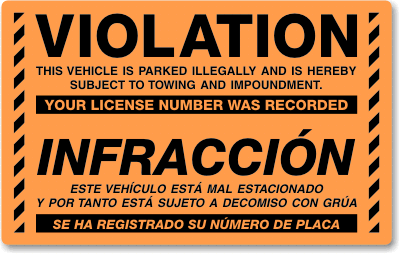
At least SF parking cops have the courtesy not to sticker cars that break the law. Instead, they stick you with fines of up to several hundred dollars. Via myparkingpermit.com.

